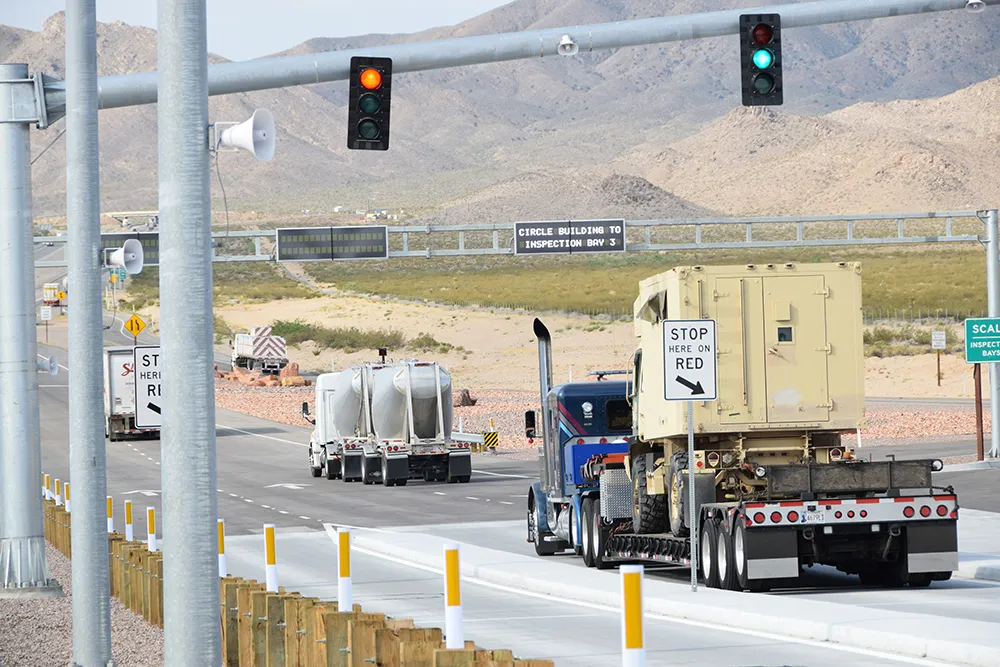Tolling related technologies have made tremendous progress over the past decade, and today developing and implementing a nationwide solution presents fewer technological risks than was the case 10-15 years ago. Nevertheless, Capital & Operational Expenditures remain a significant hurdle for many road agencies. It is therefore essential for decision-makers to carefully consider the system they want to have in place prior to large-scale investment.
4th February, 2020









